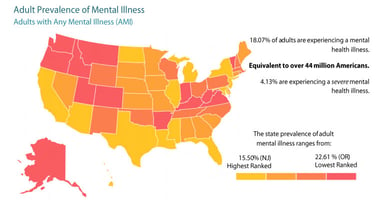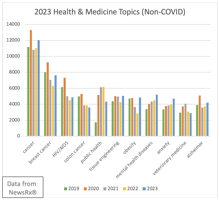←Back to resources Welcome to a new series here at NewsRx - BUTTER tips and tricks! Are you making...
The new challenges of getting a science PhD
←Back to resources
Obtaining and succeeding with a science PhD is arguably as difficult as it’s ever been. New technological tools, an evolving job market, and high stakes and pressure for candidates make the prospect of a PhD as daunting as it is rewarding.
In this article, we’ll break down the old and new challenges of getting a science PhD—and what universities can do to help their candidates and prospective students.
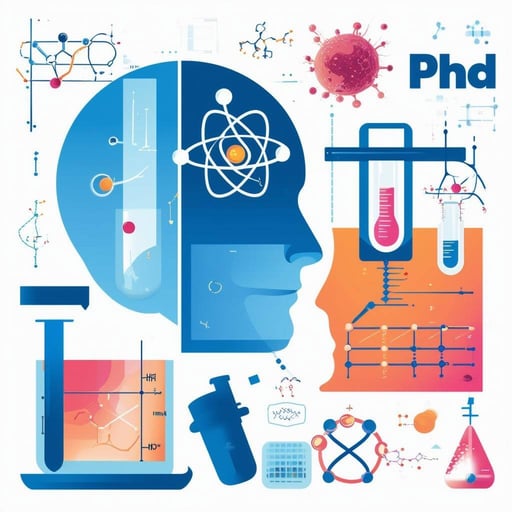
Old-as-time struggles
While conversation around the perils of a PhD have reached all-time highs on social media, many of the difficulties involved are as old as academia itself. Prospective and current PhD students should be well aware of the following challenges as long-ingrained but also navigable parts of their path to a doctorate.
Isolation
PhD candidates often work on a research project by themselves or with very few collaborators. This can lead to loneliness and lack of motivation. Students will need to be proactive to overcome this isolation, making a concerted effort to join clubs, conferences, and student groups of all kinds to find like-minded individuals to share struggles with or simply study together. Finding and nurturing camaraderie can alleviate many of the stressors associated with isolation.
Supervisor conflict
PhD students have close relationships with their supervisors over an extended period of time. Given how crucial the role of the supervisor is to your PhD experience, disagreements that surface can create stress and pressure. Conflicts over issues such as the direction of your research or your use of time are already hard enough to solve even without this added pressure.
But this is where overcoming the previously mentioned issue of isolation really comes in handy. Being connected with other peers, faculty, and mentors can make a conflict with a supervisor far easier to solve.
Motivation and work-life balance
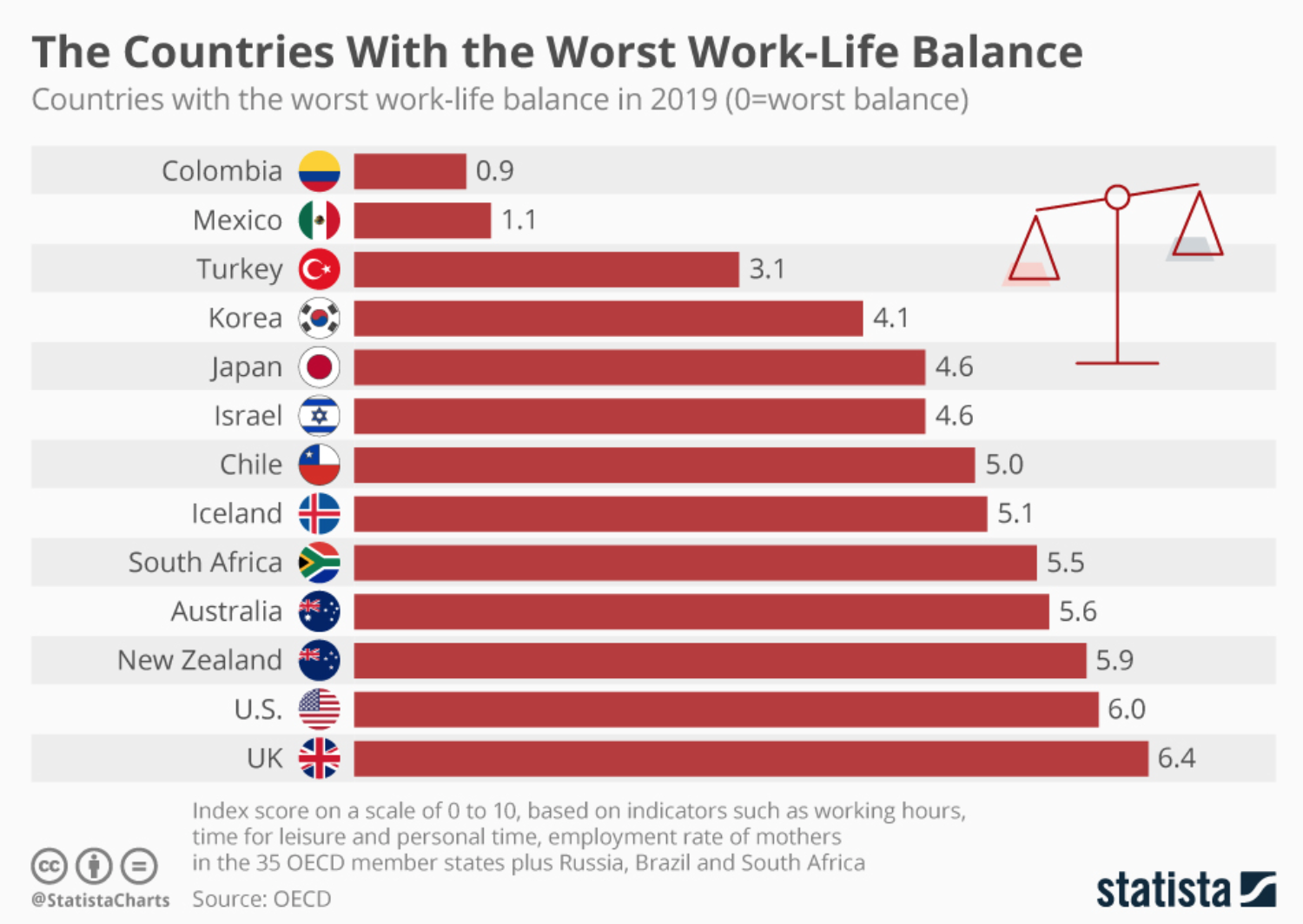
The independently-directed nature of a PhD program means that it’s hard to both maintain motivation and organize one’s life in a consistent manner. The lack of a concrete ‘work schedule’ results in many students feeling pressure to be constantly working. Issues of motivation and work-life balance can dovetail together with an inconsistent schedule and lead to added stress and burnout, inhibiting your passion for your research. Students need to find balance in their life and PhD program: a healthy social life, regular exercise, and vacation time will fuel both motivation and improved work-life balance, which in turn leads to better discoveries, insights, and research results.
Digital, COVID, and 2020s challenges
New technology, funding trends, and COVID-related circumstances have posed new challenges to doctoral candidates. Read on for some issues that are particularly salient to the current academic environment—and how to overcome them.
Funding issues
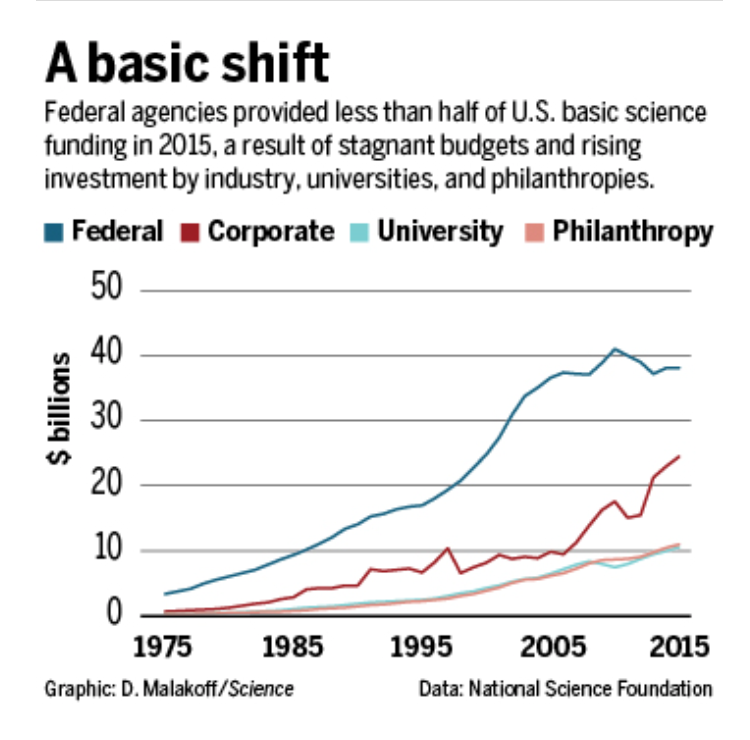
Getting and sustaining funding is a constant challenge for academics, where university funding alone is almost never enough to pay for a PhD. But outside grants are in increasingly short supply. The pool of federal money for science has been plateauing for years, but with more PhD students and working scientists than ever before, there is now increased competition for funding. To put things simply: too many researchers are chasing too few grants.
Needing to constantly chase and secure funding is extremely stressful for PhDs, especially when funding can change or get reduced in the middle of one’s program. Students should try to secure stable funding and stay on top of any potential funding issues that may arise. This minimizes the chance of sudden changes and allows students to focus on what’s most important—the work. Close relationships with advisors are important to achieve this, because they can guide students with advice from their own experiences and show them how to pursue funding opportunities. Students should also have an emergency back-up plan if funding unexpectedly falls through in the worst-case scenario.
Confronting a difficult job market
The imbalance in the researchers to funding ratio—also reflected in the growing imbalance in PhD graduates to available faculty positions—has made academic jobs intensely competitive. There is no longer any guarantee that getting a PhD will lead to a desirable academic job.
In addition, even after getting a PhD, many scientific fields require experience as a postdoc before chasing a full-fledged teaching or research position. But these research jobs can be a grind. Postdocs typically work long hours and are low-paid for their level of education. Postdocs also tend to only receive contracts of one to three years at a time, and have limited workplace protections. This lack of flexibility disproportionately hurts women.
Still, the overall research shows that having a PhD increases your chances of getting a job, being paid better, and enjoying greater job satisfaction. It’s important to keep the big picture in mind during what can be a long and frustrating job search. Starting early and keeping your options wide open is also important. Industry jobs can be more available and significantly better paying than the limited pool of academic positions.
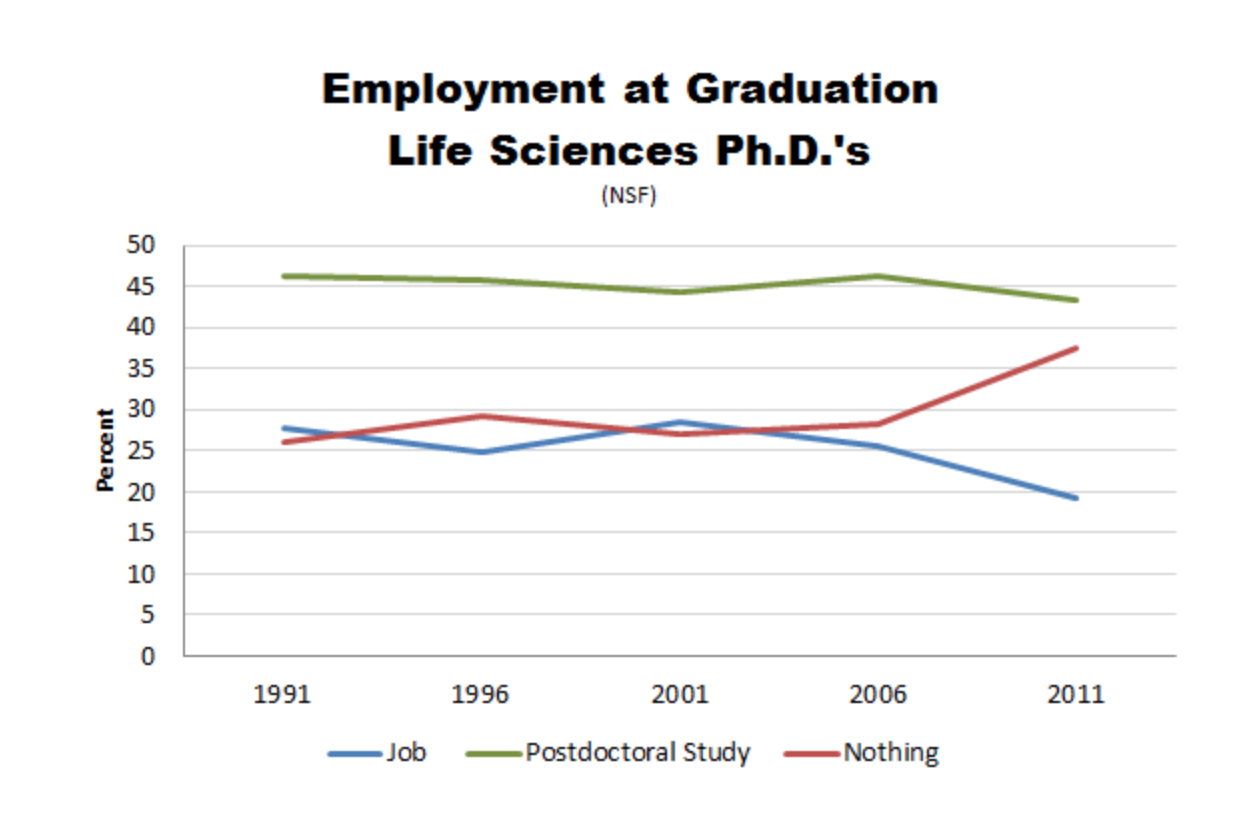
Competition
Funding issues and the difficult job market speak to a broader third problem that has become particularly acute in the 2020s: competition. As a researcher, you compete with other researchers to develop a solution to a problem. You compete with other researchers for funding. You compete to publish articles in journals of limited sizes. And you compete with other PhDs in the job market. All of these competitions have grown tighter over the years.
If someone beats you to a discovery, don’t throw your work in the trash. It’s always useful to verify results, and you can come up with ways of doing any experiment more efficiently. If you feel imposter syndrome from the success of others, take a step back and focus on yourself. Are you achieving your own personal goals? If not, make a concrete plan to get there. Always engage with your colleagues so that you can get involved in collaborative work and learn tips and best practices from others.
Poor research incentives
Due to more competition, scientists today also face more pressure to publish, which leads to pressure to come up with splashy results. Novel results are more publishable than other kinds of research. But not only are groundbreaking findings rare in the first place, they may not be the best hypothesis or path of research for an up-and-coming scientist to pursue. These incentives can even push scientists to cut corners in analyzing their data. None of these research habits and results are good for long-term learning and discovery for PhD students.
If grants, publications, jobs, and awards were to be based on how good study designs and methodologies were, the system would encourage more rigorous research among all scientists. Rethinking the rewards system and building more transparency into the research process would not only help reduce the poor research incentives, but also create a fairer system for graduate students. The Arc Institute is one example of a better system. Their model funds researchers, not research, allowing bright minds to pursue whatever they deem to be important.
Mental health challenges
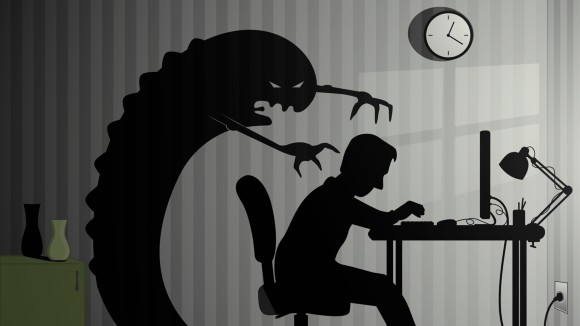
Life as a young academic is incredibly stressful. Without long-term financial security and with long working hours and daunting career prospects, anxiety and depression have become major problems among PhD students.
Surveys have shown that graduate students were more than six times likelier to show moderate to severe anxiety or depression than the average person. 75% of women, burdened by childcare obligations and deteriorating work-life balance while working from home, reported feeling stressed. Burnout and imposter syndrome are all too common.
Individuals can tackle anxiety and depression by taking care of their physical health and recognizing when to seek professional help. Individuals should also seek out communities for support and be willing to detach themselves from the sources of stress when necessary. Meanwhile, institutions should work to reduce the overdone expectations, working hours, and pressure placed on young scientists. One proposal for a way to shift this is to change the narrative of scientific excellence towards one based on ‘soundness and capacity.’ This concept emphasizes that scientific quality is based on procedures and not necessarily on results.
Moving forward
Working towards a science PhD has a lot of benefits. You get to be your own boss, pursue your interests and passions, make a contribution to your field, connect with other researchers, and much more. Scientists and researchers make the world a better place with every discovery. But long-present struggles such as isolation, supervisor conflict, and work-life imbalance have coincided with an increasingly pressurized scientific environment to create intense funding, employment, and mental health challenges for PhD students.
The solution needs to come from both above and below. Students can take practical steps to better manage the pressure and burnout that can be present in completing a PhD program. This involves having a concrete plan for your work-life balance and a back-up plan in times of trouble. It also means being open to many employment opportunities and building strong relationships with colleagues and mentors.
Meanwhile, universities and the scientific industry also need to update the incentives for research and publishing. PhD students need more financial and mental health support, and a collaborative, not competitive, environment.

.jpg?width=50&name=DSC_0028%20(1).jpg)

